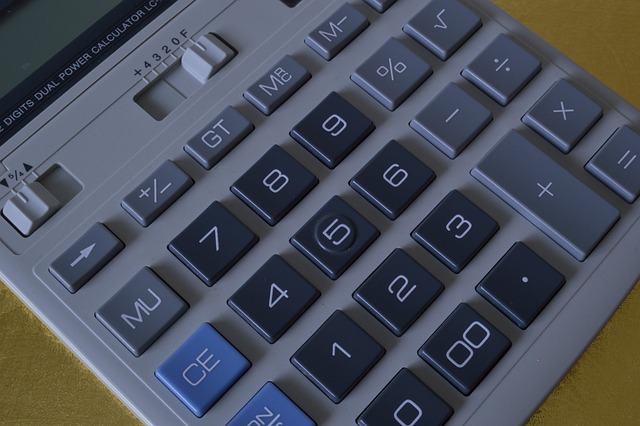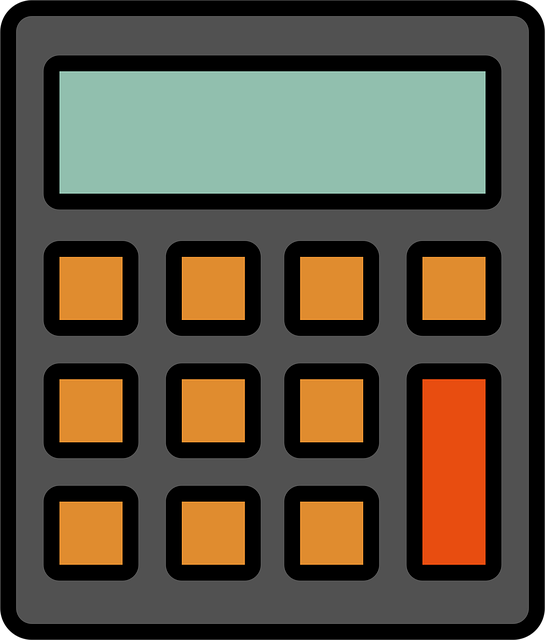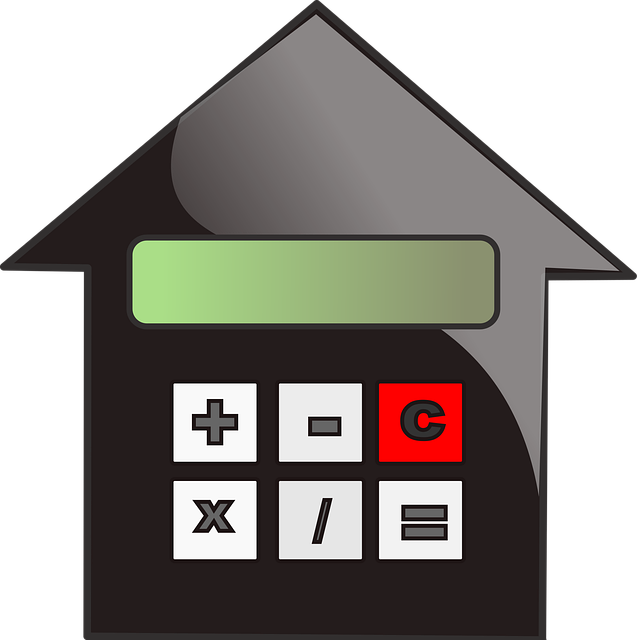Debt consolidation is a strategic approach to manage financial crises by evaluating and combining multiple debts. Using a debt consolidation loan calculator helps compare offers, estimate savings, and understand loan terms. Individuals can choose between secured or unsecured loans based on their credit score. A structured repayment plan, combined with budget monitoring, ensures successful consolidation, avoids bankruptcy, and reduces interest payments.
Struggling with multiple debts? Learn how to consolidate without bankruptcy. This comprehensive guide outlines a step-by-step approach, starting with understanding your financial situation and available options. Discover the importance of comparing loan terms and rates using a debt consolidation loan calculator. Explore different loan types tailored for your needs and create a structured repayment plan. By following these strategies, you can regain control over your finances and achieve debt-free living.
- Understand Your Debt and Options
- Compare Loan Terms and Rates
- Choose a Consolidation Loan Type
- Create a Repayment Plan and Stick To It
Understand Your Debt and Options

Understanding your debt situation is the first step to solving a debt crisis. Begin by evaluating each debt separately, considering factors like interest rates and repayment terms. This will help you identify which debts may be best suited for consolidation. Debt consolidation for seniors, for instance, might focus on simplifying monthly payments through a single, lower-interest loan.
Utilize a debt consolidation loan calculator to estimate potential savings based on your current debt load and desired repayment period. This tool can help you weigh the benefits of consolidation against other debt relief options available through apps or financial institutions. Remember, the goal is to streamline your repayments and reduce the overall interest you pay, ultimately providing a clearer path to financial stability.
Compare Loan Terms and Rates

When considering how to consolidate debts without bankruptcy, one of the first steps is to compare loan terms and rates across different lenders. A debt consolidation loan calculator can be a useful tool in this process. By inputting your current debt amounts, interest rates, and repayment periods, you can quickly see how various loan offers stack up. This allows you to identify options that offer lower interest rates or extended repayment terms, both of which can significantly reduce the overall cost of consolidating your debts.
Moreover, a guide to debt consolidation loans should include an understanding of your credit score’s impact on these terms. While fixing a bad credit score may take time and effort, it is crucial for securing favorable loan conditions. Lenders typically offer better rates to borrowers with higher credit scores. Therefore, before applying for a debt consolidation loan, consider taking steps to improve your credit score, such as paying bills on time, reducing credit card balances, and checking your credit report for errors.
Choose a Consolidation Loan Type

When considering how to consolidate debts without bankruptcy, understanding your options is key. One of the most popular and effective methods is a debt consolidation loan. These loans are specifically designed to simplify multiple high-interest debt payments into one manageable monthly payment at a potentially lower interest rate. Before you decide, it’s essential to explore different types of consolidation loans using a debt consolidation loan calculator to find the best fit for your financial situation.
For individuals with diverse or complex debt profiles, including those dealing with bad credit, several options are available. A secured debt consolidation loan requires collateral, often in the form of an asset like your home or car, which can lower interest rates but poses a risk if you default. Unsecured loans, while more flexible and accessible for people with poor credit, usually come with higher interest rates and may not be suitable for consolidating high-interest loans. A debt consolidation loan comparison tool can help you weigh the pros and cons of each option to make an informed decision that aligns with your financial goals.
Create a Repayment Plan and Stick To It

Creating a structured repayment plan is the cornerstone of effectively consolidating your debts without resorting to bankruptcy. The first step involves evaluating all your outstanding debts and calculating an affordable monthly budget. Utilize a debt consolidation loan calculator to estimate how much you can save by combining your debts at a lower interest rate. This tool will help you determine the best course of action, especially when dealing with bad credit loans.
Once you have a clear plan, stick to it diligently. Regularly monitoring your spending and adhering to your budget is crucial in stopping debt collection calls and preventing further financial strain. By consistently making payments according to your consolidated loan terms, you’ll gradually reduce your overall debt burden and find the lowest interest rate available in the market. This disciplined approach ensures that you regain control over your finances without facing the drastic measures associated with bankruptcy.
Debt consolidation can be a powerful tool for managing financial obligations without resorting to bankruptcy. By understanding your debt, comparing loan terms, selecting the right type of consolidation loan, and committing to a structured repayment plan, you can gain control of your finances. A debt consolidation loan calculator can assist in evaluating potential savings and streamlining the process. With discipline and a well-thought-out strategy, you can navigate your debt journey effectively and achieve financial freedom.
